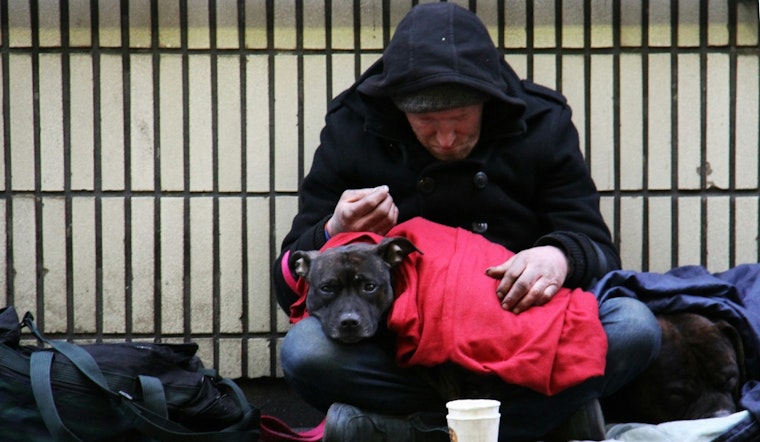In a bid to tackle the growing homelessness crisis in Austin, the Ending Community Homelessness Coalition (ECHO) has laid out an ambitious 10-year plan that aims to “effectively end” homelessness, a plight afflicting a significant portion of the city’s population. The initiative, requiring an investment of $35 million per year, prioritizes the construction of permanent supportive housing units and offers strategies for both diverting and preventing homelessness.
“It will take a substantial investment from our community, but it’s not an undoable investment,” Kate Moore, ECHO’s vice president of homelessness response strategy, noted in a statement obtained by
KVUE
. In contrast to temporary solutions, this plan seeks a systemic shift towards long-term stability for Austin’s homeless. This comes after a worrying increase in individuals needing services, climbing from 15,000 in 2019, to approximately 24,000 in 2023.
The strategic roadmap was discussed during a meeting with City Council’s Public Health Committee, revealing a mix of expanding emergency shelters, rapid rehousing, and concrete steps to prevent at-risk residents from slipping into homelessness, according to
Austin Monitor
. From ECHO’s proposal, it appears that a total of 4,175 permanent supportive housing units are required over the decade, projecting a need for 575 units annually to meet this need.
With permanent supportive housing being paramount for those with the highest needs, the vice president emphasized its importance in countering chronic homelessness. As a part of this comprehensive approach, Moore elucidated that it involves not just shelter, but a suite of support services. This is most evident when people are presented with disabling conditions and the ongoing conversation with the city council’s Public Health Committee is aimed at identifying funding sources for these initiatives, as reported by
KVUE
.
Backing the plan, Council Member Vanessa Fuentes described the $350 million cost as “a manageable number that we can make if we make the necessary strategic policy proposals,” an acknowledgement of the fiscal challenge entailed in this long-term commitment, as per
Austin Monitor report
. As federal dollars wane, the city is exploring diverse funding avenues, including corporate philanthropy. The next bond package in 2025 or 2026 is anticipated to include a request for financing related to housing for those experiencing homelessness.
Council Member Ryan Alter underscored the urgency
: “If we came here today with $100 million, $200 million, pick your number … we would have to start that process today to start meeting the need of 2028 and 2029 if we were acting quickly.” This highlights the time-sensitive nature of such housing projects that often span several years from conception to completion.
Between the lines of these forthcoming discussions, lies the hope of not just providing a roof overhead but crafting an environment conducive to the well-being and dignity of every inhabitant in Austin’s urban tapestry. The city, its policymakers, and stakeholders are thus poised on the precipice of a transformative era, wherein the specter of homelessness could well be rendered a relic of the past.
Note: Thank you for visiting our website! We strive to keep you informed with the latest updates based on expected timelines, although please note that we are not affiliated with any official bodies. Our team is committed to ensuring accuracy and transparency in our reporting, verifying all information before publication. We aim to bring you reliable news, and if you have any questions or concerns about our content, feel free to reach out to us via email. We appreciate your trust and support!



Leave a Reply